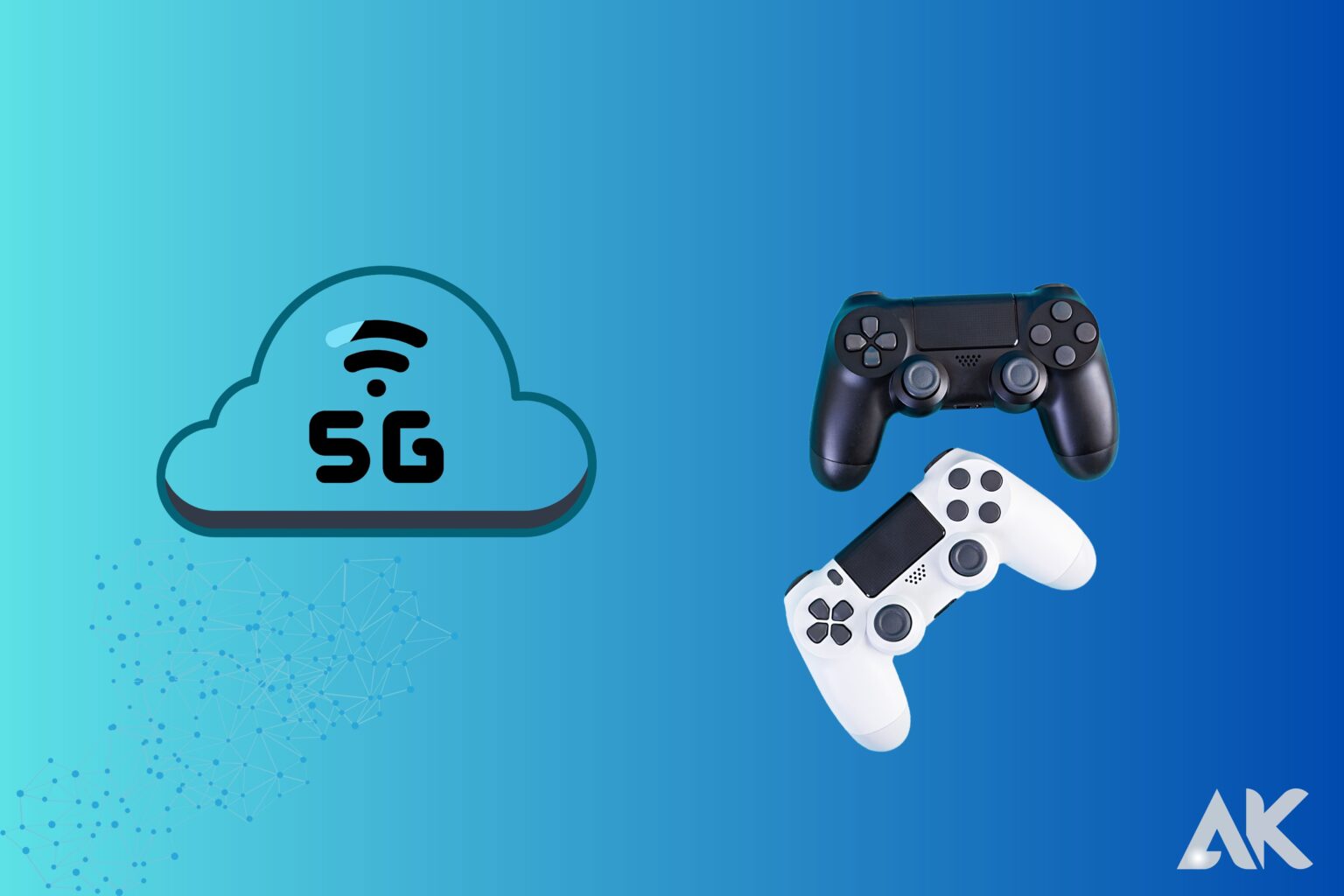introduction
5G Internet for Gaming is a real competitor to fiber broadband and is fantastic for gaming because it has considerably reduced latency and better download speeds than 4G mobile networks. The fact that it is portable gives it a significant edge over fixed-line internet connections because it allows you to game anywhere there is a network signal.
In years to come, 5G will improve steadily and finally surpass even the quickest fiber connections. It will also aid in hastening the uptake of new gaming technologies like virtual reality and cloud-based gaming.
Unfortunately, the answer will depend on your region and your needs, as it does with the majority of issues relating to internet performance. My testing indicates that 5G home internet gaming performance is inconsistent. It may function OK for a minute and then experience spikes in ping of more than 500 ms.
Is 5G best for gaming?
Simply put, 5G is extremely quick. It boasts an average download speed of 186 Mbps and a peak download speed of over 1Gbps. Of course, this exceeds the average 4G speed of 35Mbps and even some of the fastest fiber optic connections.
A typical fiber broadband connection will have a 1Gbps peak download speed and a 100 Mbps average download speed. This means that for a smoother experience, both 5G and fiber internet connections are much faster than the suggested minimum speed needed for online gaming, which is 35Mbps.
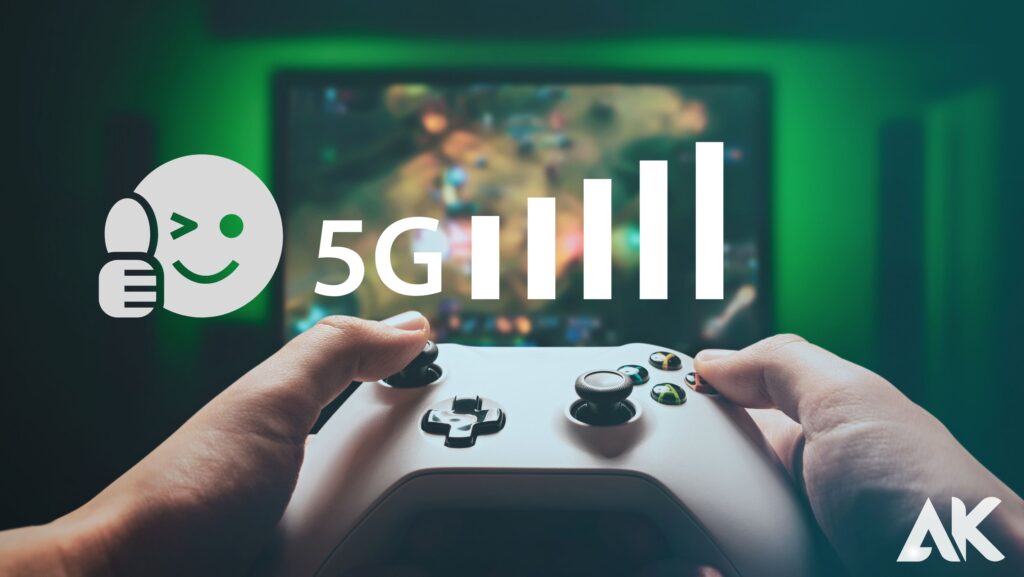
When downloading games, this faster speed is even more helpful because there will be less waiting for annoying updates to install or for new downloads to finish.
However, there are some locations where 5G performs only a little bit worse than broadband. for instance, the average latency is 30 ms as opposed to approximately 15 ms with fiber broadband. However, 5G is constantly developing in this area and appears to be on track to reduce latency even more, possibly to only 1ms. This would make it especially suitable for video games.
The mobility of 5G is another clear benefit. Finding a suitable Wi-Fi network is not the only option you have while trying to get online. This means that, whether you are sitting at a cafe or on a train, you can continue your gaming sessions where you left off.
The potential is endless, despite the current 5G coverage’s small limitations. This benefit will only increase as global 5G coverage spreads.
Accessibility and Portability
You can carry your internet with you everywhere you go with 5G, which is a huge advantage over fixed-line broadband (provided network coverage is available).
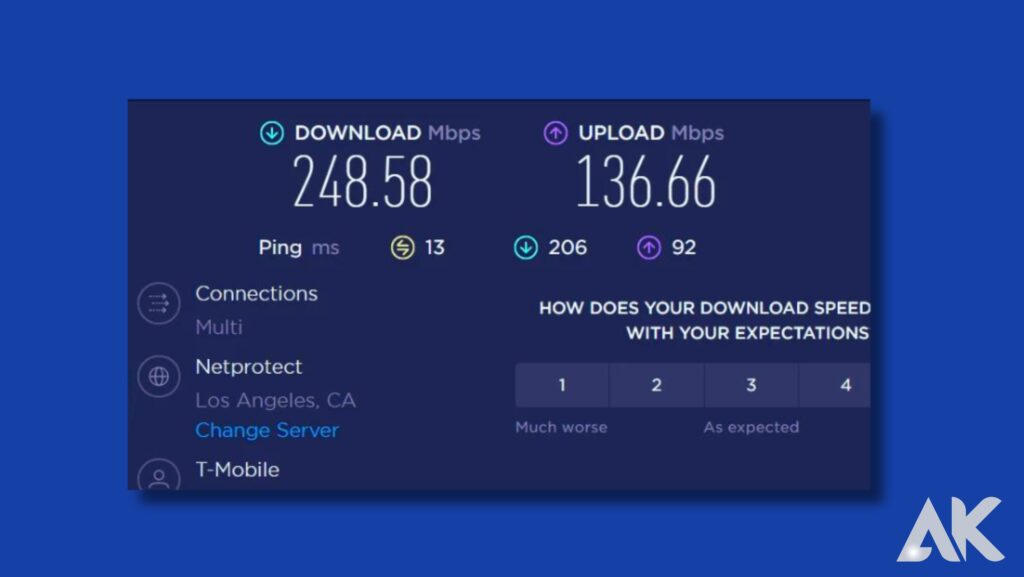
Use a personal hotspot on a 5G mobile phone, a 5G mobile broadband dongle, or a 5G home broadband router (needs mains power) to offer internet while on the go.
This has enormous potential because you might start playing a game in your living room at home and continue it on your mobile phone while riding the train to work.
Currently, fiber broadband is frequently not available in rural locations, which restricts some people’s ability to play online or streaming games or even download large games. However, 5G might potentially solve this problem, if the networks put in place the necessary equipment.
Users who don’t want to deal with engineers and house visits can easily set up their own home internet connection while enjoying significant speed gains thanks to the plug-and-play functionality and lack of a landline.
How could 5G improve gaming?
The future of gaming could be realized with 5G technology in two distinct areas. These include VR and cloud-based gaming.
They would both profit from the greater download rates that 5G is capable of.
This would improve all the advantages that cloud-based gaming now has, allowing more people to play more powerful games on devices that ordinarily couldn’t keep up.
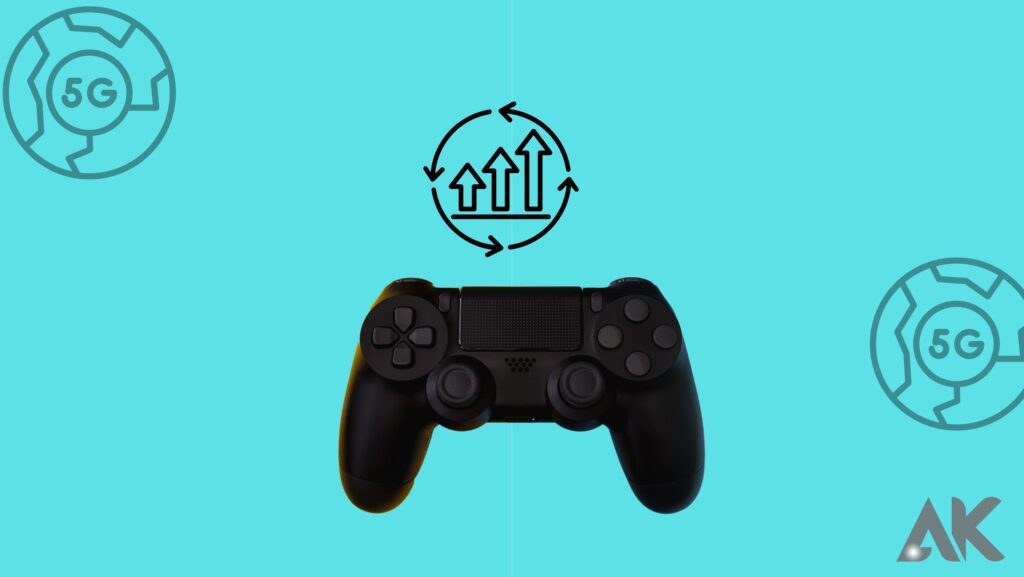
With VR, the same is true. 5G headsets are already being developed with a lot of effort, and they will probably start to appear soon. A VR headset might be more compact and lighter if it could employ cloud-based gaming via 5G. This is due to the possibility of computing being done remotely and relayed through 5G to the headset.
Knowing that 5G will only become quicker and more widely available, it could be a smart idea to start thinking about switching soon because doing so could put you ahead of the curve.
5G Home Internet Gaming: The Good
For online gaming, 5G home internet offers download speeds that are more than adequate. Typically, 5G home internet from Verizon and T-Mobile offers rates of 20 Mbps or more.
The majority of online gamers can accommodate their needs with upload rates that are quick. Online gaming typically does not require very fast upload speeds.
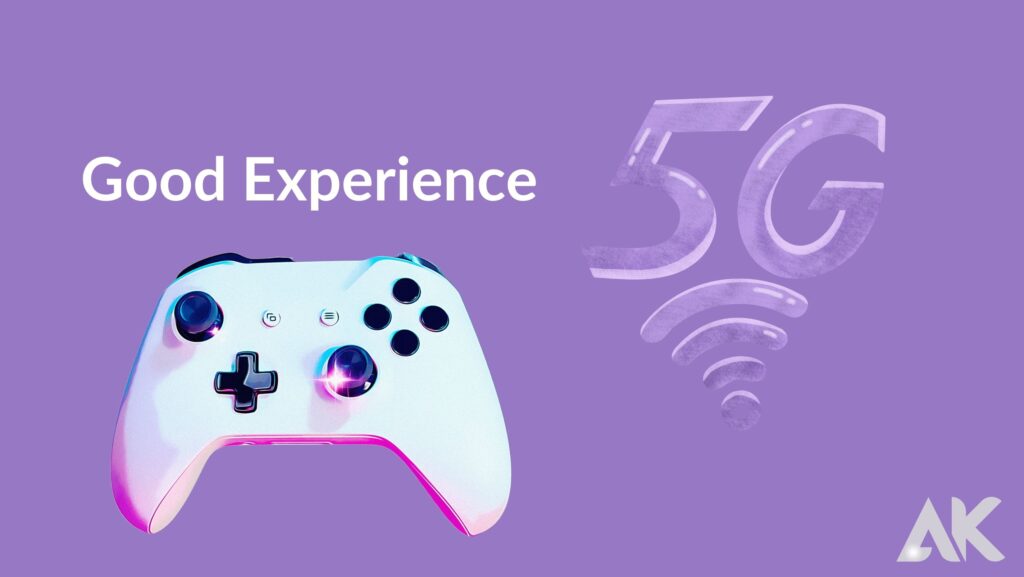
When compared to other possibilities, the cost of many 5G home internet subscriptions is relatively reasonable, especially if you already have a Verizon or T-Mobile cell phone package.
Many RPG games, among others, function well with 5G home internet. If you primarily play games of this nature. You’re more likely to be happy with 5G home internet as an alternative.
The majority of 5G home internet packages offer unlimited data. This is a crucial factor to take into account for some people. On all of their devices, though, the vast majority of gamers won’t use more than 1 TB of data.
5G Home Internet Gaming: The Bad
With 5G home internet, your NAT type will be severe in the majority of games. Carrier Grade Network Address Translation (CGNAT) is a technology that is used by both Verizon and T-Mobile. As a result, your router will not be able to perform any port forwarding.
In most games, this will produce a strict NAT type. Some games, particularly those on Xbox Live, can use IPv6 to get around NAT limitations.
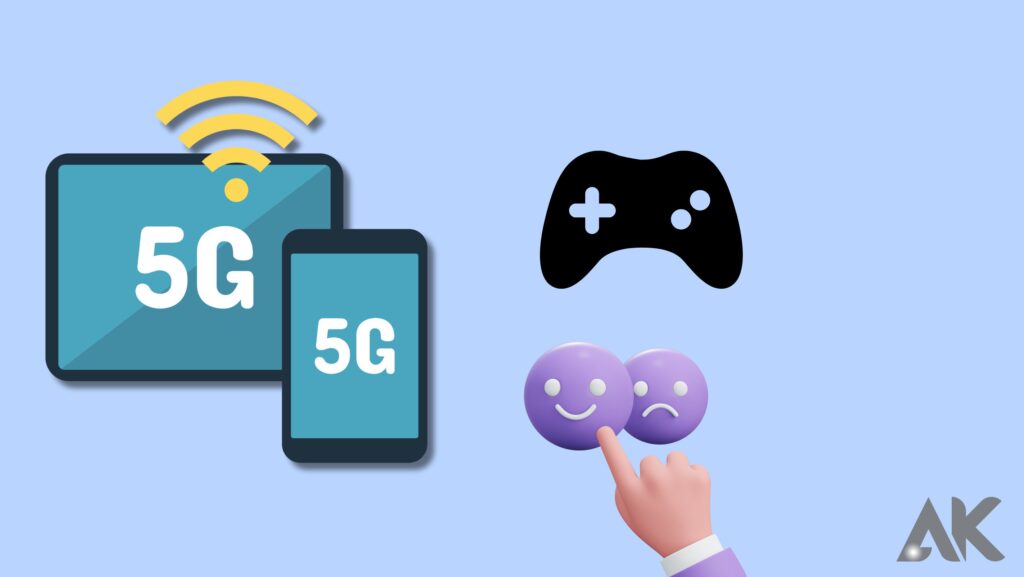
5G home internet is not the greatest choice if you want to be picked as the host for multiplayer games. In most cases, it won’t let you get an open NAT type when playing games. The majority of games will display as stringent NAT types, even on Xbox Live, which reports as open NAT due to IPv6.
Users of the PlayStation Network will also be particularly impacted because PSN now heavily relies on IPv4 for its essential functionality. According to my testing, the majority of 5G internet providers do not support an open NAT or a NAT type 1 on PS5.
How can I get 5G?
A 5G-capable device, such as the most recent smartphones, mobile broadband dongles, and home broadband routers, is required before you can use 5G.
We suggest a 5G home broadband router for individuals who want to play games mostly at home, such as Three’s 5G Hub or Vodafone’s Gigacube.
With a home internet router, all you have to do is plug it in and connect your devices. In addition to offering a large number of WiFi connections (up to 64) and having strong range, 5G routers also feature ethernet connectors for those who want a wired connection.
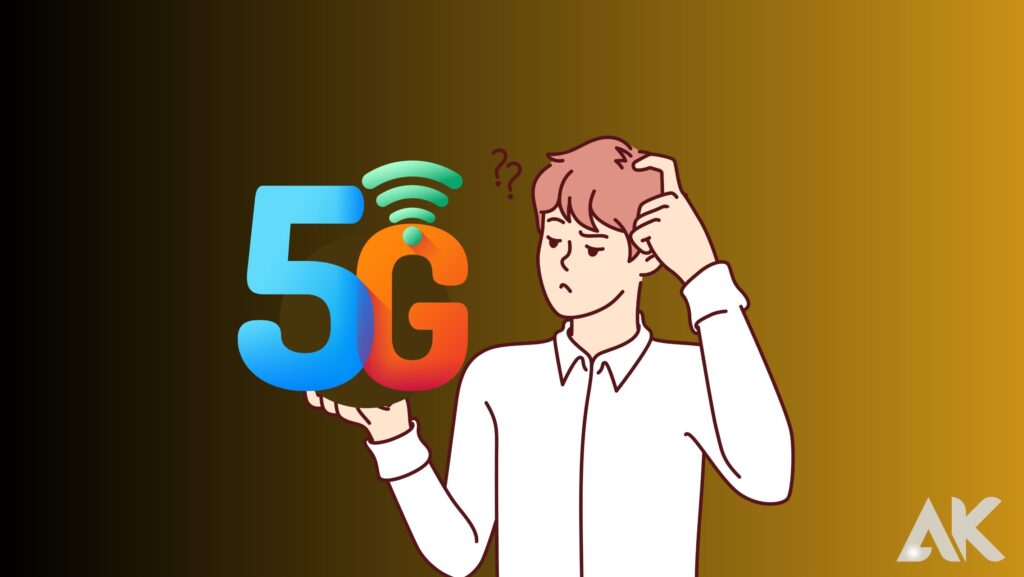
A 5G mobile broadband (or mobile Wi-Fi) dongle, such as EE’s 5GEE Wi-Fi, is a viable choice for people searching for a genuinely portable 5G experience.
Mobile broadband dongles can be used anywhere because they are battery-operated and USB-charged. They are ideal for use, for instance, in a car or on a train ride to work. They can communicate with around ten fewer devices at once than routers can, and they frequently lack ethernet connectors.
The simplest option is to just purchase a 5G phone, which is perfect for folks who want to play games on their smartphone most of the time. Strong 5G smartphones, such as the OnePlus 8 Pro, Samsung Galaxy S20, and iPhone 12 Pro.
Conclusion:
5G internet is a significant competitor to fiber broadband, offering reduced latency and better download speeds than 4G mobile networks. Its portability and accessibility make it an attractive option for gaming, especially in rural areas where fiber broadband is often unavailable. 5G home internet gaming performance is inconsistent, with some experiencing spikes in ping of more than 500 ms. However, it is still a fast and reliable option for online gaming, with an average download speed of 186 Mbps and a peak download speed of over 1Gbps.
The mobility of 5G allows users to carry their internet with them wherever they go, making it an ideal choice for gaming enthusiasts. With the ability to use a personal hotspot on a 5G mobile phone, a 5G mobile broadband dongle, or a 5G home broadband router, users can enjoy significant speed gains without the need for a landline.
The future of gaming could be realized with 5G technology in two areas: VR and cloud-based gaming. VR headsets could be more compact and lightweight if they could utilize cloud-based gaming via 5G. With the increasing availability of 5G, it could be a smart idea to switch to 5G to stay ahead of the curve in the gaming industry.
For online gaming, 5G home internet offers download speeds of 20 Mbps or more, making it an attractive option for many gamers. However, the NAT type in most games is severe, with Verizon and T-Mobile using Carrier Grade Network Address Translation (CGNAT) technology. This can result in strict NAT types in games, especially on Xbox Live and PlayStation Network users.
To access 5G, a 5G-capable device, such as smartphones, mobile broadband dongles, and home broadband routers, is required. A 5G home broadband router, such as Three’s 5G Hub or Vodafone’s Gigacube, offers a large number of WiFi connections and strong range, while a 5G mobile broadband dongle, like EE’s 5GEE WiFi, offers a portable 5G experience.
FAQ
Is 5G internet fast for gaming?
Why is gaming on 5G a good idea? Commentators frequently highlight 5G’s lightning-fast speed. But that’s not the complete picture in the world of gaming. In reality, customers will gain the most from the reduced latency offered by a 5G network for cloud gaming services like Xbox gaming and online multiplayer games like Fortnite.
Is 4G or 5G better for gaming?
In addition to providing lower pings than 3G networks, 4G networks also offer enhanced bandwidth and download rates that are beneficial to gamers. 5G further enhances all of those features.
Will 5G reduce ping?
Timing and frame structure are the same. Pings cannot go faster than with 4G because of this. in particular because their 4G Backhaul and core networks are identical. A fully developed 5G network from end to end is necessary for short pings.
Is 5G faster than Wi-Fi?
While being the generally fastest mobile Internet connection, 5G’s reliability can be an issue. When used in conjunction with a dependable router and a dependable Internet service, WiFi delivers a faster, more dependable Internet connection.

